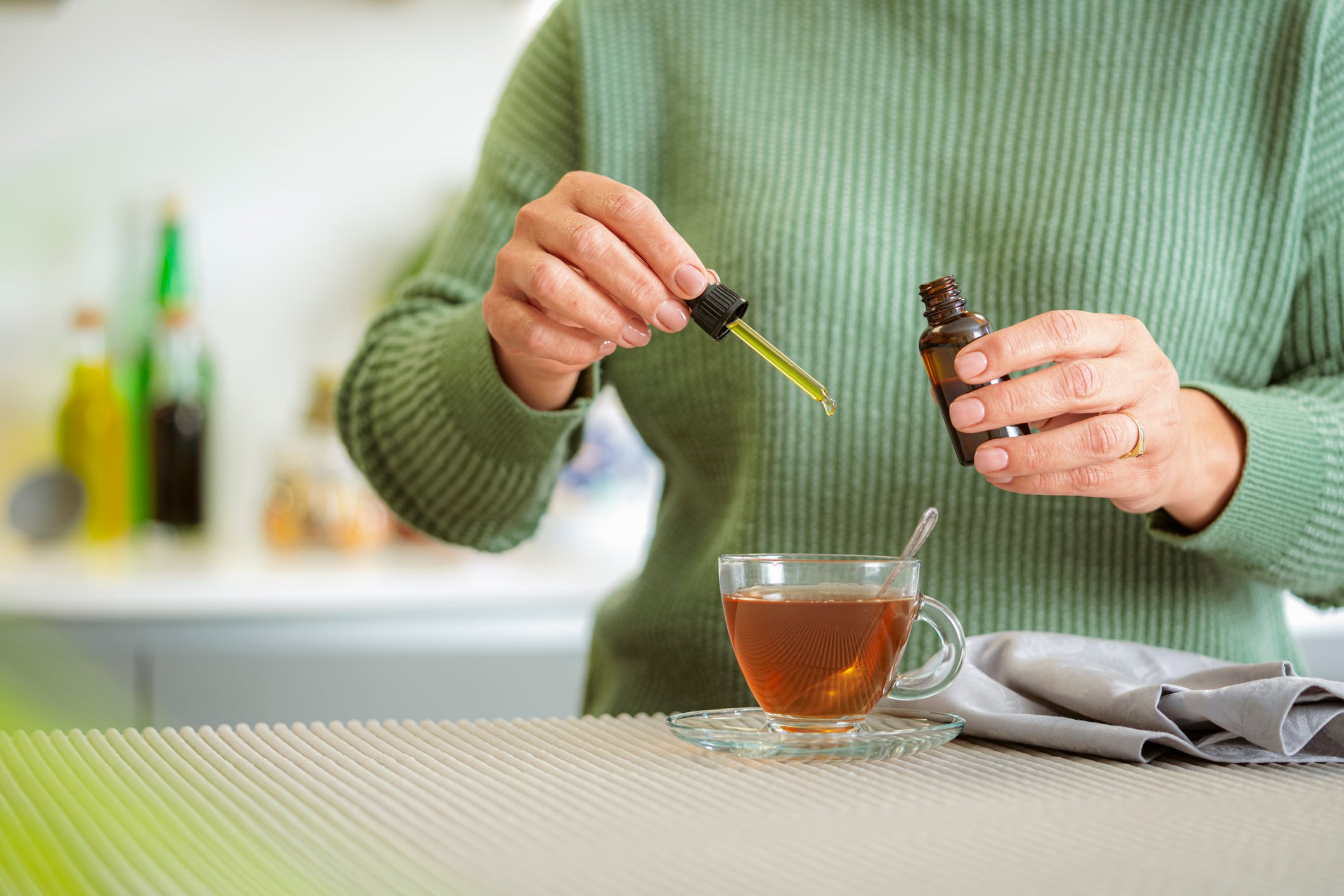Today saw both the food security minister, Daniel Zeichner, and the minister for small businesses and exports, Gareth Thomas, visiting businesses to discuss the SPS agreement.
The UK and EU announced their intention to agree an SPS deal back in May, with an aim of easing agri-food trade and reducing costly red tape on businesses – a move which is anticipated to add more than £5 billion to the UK economy.
What changes will new SPS agreement bring?
The SPS agreement will see most routine border checks on food and agricultural products moving between the UK and EU ditched, allowing for faster trade across the UK and EU border, with less paperwork and at lower costs for businesses.
As well as removing checks on British goods entering the EU, such as dairy, fish, eggs and red meat which are currently subject to 100% documentary checks and up to 30% physical checks, the agreement will scrap Export Health Certificates (an official export document required to trade animals and animal products). The removal of these certificates is expected to save businesses up to £200 per shipment of goods.
The deal will also see the lifting of the current EU ban on UK imports for fresh sausages and burgers, some shellfish, and seed potatoes.
Helping businesses to grow at home, trade abroad and stimulate jobs is central to our Plan for Change. This deal will make trading with the EU both easier and cheaper, adding over £5bn to the economy and spurring growth that the whole country will benefit from.
Daniel Zeichner, food security minister
Industry reaction
Whilst the food security minister toured meat processor Dunbia’s Cardington plant outside Bedford with senior Dunbia executives, before visiting Co-op’s flagship distribution centre in Biggleswade today; Neal’s Yard Dairy welcomed the minister for small businesses and exports to its Bermondsey branch.
“The new SPS agreement between the UK and EU is a very welcomed development and this should result in potential cost savings for our business and a smoother delivery to our EU customers which are important to balance the carcase sales,” commented Niall Browne, CEO of Dunbia.
“Being able to move food and drink more smoothly between the UK and EU, whilst maintaining high standards, is good news for our industry, for our business, and therefore for our members, customers, and the communities we serve,” agreed Shirine Khoury-Haq, chief executive of The Co-operative Group.
“We wholeheartedly welcome the positive steps the government and the EU have taken towards reducing unnecessary friction in the food supply chain. We look forward to working with the UK government to ensure businesses of all sizes – including smaller businesses – benefit from the new arrangements.”
Impact on small producers
For artisan producers like Neal’s Yard, who often deal in small batches and can’t afford delays due to the perishable nature of cheese, this agreement will be especially beneficial.
“Neal’s Yard Dairy looks forward to the UK and EU implementing the UK-EU ‘reset’ agreement as quickly as possible to allow us to focus our core business: selecting, maturing and selling British cheese both within the UK and overseas,” commented David Lockwood, the artisan cheese company’s director.
“The additional requirements for export to the EU post-Brexit have cost our business in many ways. A major impediment is the requirement that our EU bound shipments have health certificates for cheese signed off by official veterinarians; this has doubled the time between customers ordering and receiving goods, a very effective cost inflater and sales killer. The removal of this non-tariff trade barrier is greatly anticipated.”
When will the EU deal happen?
The Government has promised that autumn will see the start of detailed negotiations on the SPS deal, as well as the other commitments from its summit in May.
It will then bring legislation to Parliament to implement the deal, with the intention to “get that done by 2027″.
As the deal is being ironed out, the UK Government has announced interim relief, halting checks on some ‘medium risk’ fruit and vegetables imported from the EU, including tomatoes, grapes and peppers. This is alongside the more recent announcement which saw border checks on live animal imports from the EU, and on certain plant and animal goods arriving from Ireland, cancelled.
Debate over UK sovereignty
Whilst food businesses across the supply chain have praised the SPS deal, other political parties have taken a swing at Labour’s approach.
Writing in the Telegraph in May, Nigel Farage said the SPS deal would drive the UK “back into the orbit of Brussels, giving away vast amounts of our sovereignty for very little in return”.
Meanwhile Conservative leader Kemi Badenoch said Labour’s strategy will make the UK a “supplicant”.
In response, EU relations minister Nick Thomas-Symonds has disputed claims that the Government is relinquishing sovereignty, arguing that Farage and Badenoch’s Tories are only offering “easy answers and snake oil” with regards to the UK-EU relationship.
He added that “Farage wants Britain to fail. His model of politics feeds on it, offering the easy answers, dividing communities and stoking anger”.
Meanwhile, Liberal Democrat Europe spokesperson, James MacCleary MP, said that although “any move to cut the reams of red tape” holding UK exporters back is welcome, “the Government is moving at a speed sloths would laugh at”.
He continued: “The Conservatives’ botched Brexit deal has held back our economy for too long, and to announce that in the next 18 months things will only get slightly better simply won’t wash.
“Adding insult to injury, the Government sold its recent talks as a done deal only to now turn around and admit a finalised agreement could be years away. Our farmers and food producers simply cannot wait that long.
“To give people the change that they are crying out for, protect family finances and rebuild our public services we have to transform our economic relationship with Europe. The Government must free itself from the shackles of its own timidity and immediately begin negotiating a bespoke UK-EU Customs Union.”





